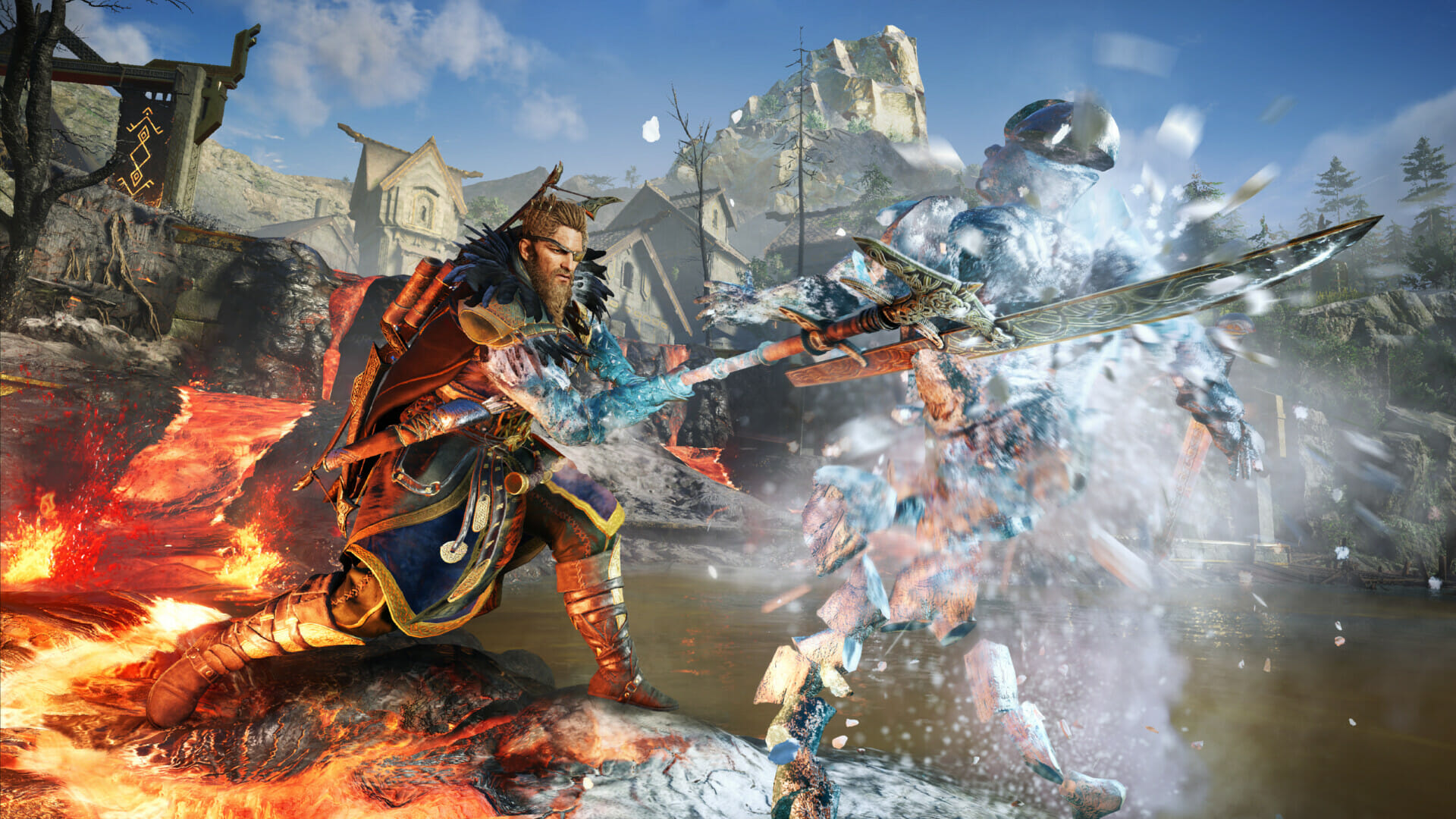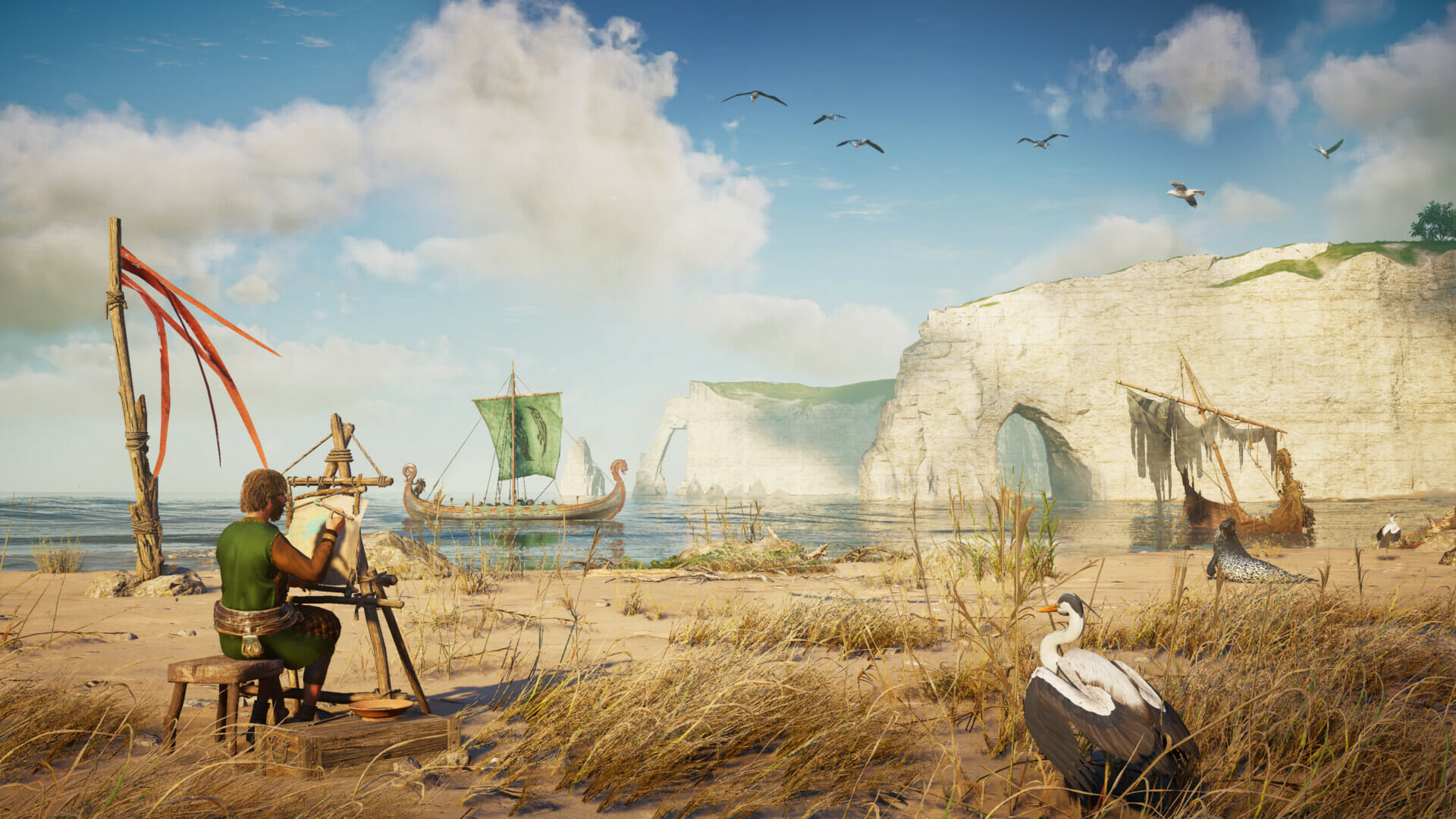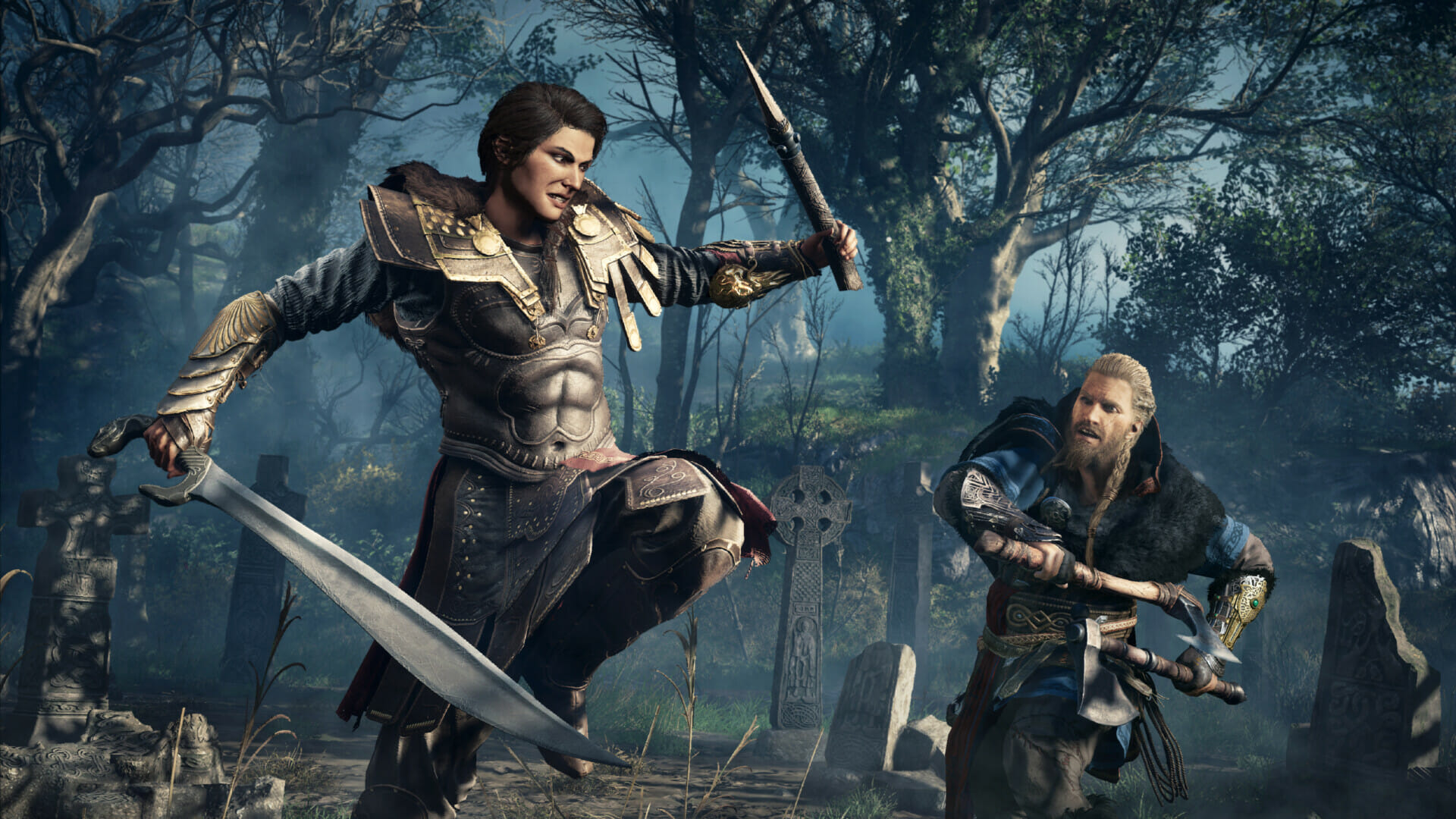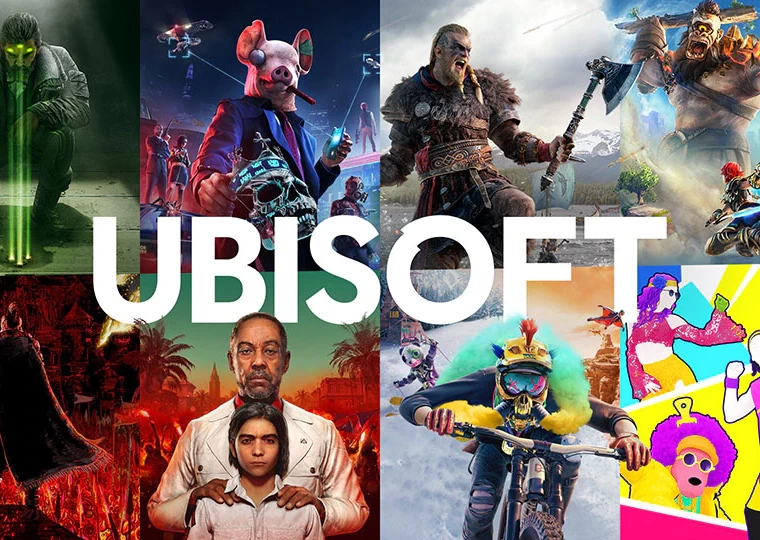Let’s examine the notorious Ubisoft server closures in more detail and what they signify for the gaming industry.
On or just around June 2, the Internet did what the Internet does best. It erupted in fury at Ubisoft for terminating online services for 15 games, provoking that peculiar response from the larger gaming community, which was entertaining and humorous to move through. We find it puzzling that so few individuals appear to be aware of the issue.
We’re not sure how anyone can still be shocked that Ubisoft and other major corporations are removing multiplayer and DLC triggered via servers. They must make money to survive as businesses. And why, in all seriousness, would they maintain servers that just make expenses to them? This is a financially sound business move, and it’s important to note that keeping servers regularly requires hiring staff and is costly every month.
Think about that the next time servers crash while you play a tournament-like video game, such as Rocket League, or bet on wins in Rocket League over at Bookmaker Expert.

However, video game social media reacted as it always did and became enraged about a situation they didn’t completely comprehend. Yes, we’d be upset if we learned that a game we had purchased but hadn’t yet played had been shut down. However, this time Ubisoft isn’t entirely to blame. And even recently, this wasn’t the first time it had happened.
Again, it was somewhat of a shady move on Ubisoft’s part, but how can you expect them to maintain a service that’s probably only utilized occasionally every month? Nah. Ubisoft and pretty much everyone else may be blamed for the premise that these games have never been future-proofed, which leads to a bigger problem we’ll discuss in a bit. The underlying problem in this situation isn’t unscrupulous game companies who decide their creations are no longer worth preserving. The problem is that games aren’t built to last while being protected by copyright.
We Preserve the Past Through Preserving Media
Media preservation, like anything else’s preservation, is crucial. It’s essential to how humanity has progressed since it allows us to learn from our past accomplishments and mistakes. Remakes are a concept that has gained popularity in recent years, no matter if it’s simply updating an old classic with flashy new graphics or cleaning up its flaws from the past. And during the entire conversation, we have the impression that the significance of that preservation and the manner in which a work was made public is frequently overlooked.
These remakes are frequently created with the idea that we prefer to relive the past in its entirety. However, while striving for perfection is desirable, it’s crucial to acknowledge past mistakes since they can provide us with some of the most insightful lessons.

Yes, The Last of Us Part 1 is now involved in this conversation. While we don’t think it’s bad for Naughty Dog to update their classic game to meet modern standards, it would be problematic if they made the original, which was only accessible on a console that’s no longer in production, inaccessible. Yes, the game is available for PlayStation 4 in a remastered version, but what if you can’t purchase that one either?
Like the PlayStation 3 storefront, the PlayStation 4 and its online retail outlet will disappear. And consider all the PlayStation 3 titles you can no longer purchase over the PlayStation Network because Sony hasn’t made any attempt to make them available later on. How long before Sony decides the service isn’t worthy of being maintained, making it impossible for you to even download the titles? The previous Nintendo stores experienced the same problem; although you can still download games for the WiiU, Wii, 3DS, and DSi, you’re no longer able to purchase them digitally. How long before those become unavailable?
The more sensible course of action would be emulation, however, it calls for you to create a digital clone of your PlayStation 3’s hard disk. And in case you’re a huge nerd, you’re able to do it. We can promise you that many of the individuals reading this are unable to. Microsoft deserves some praise for at least trying to keep older titles available on its new platforms. And happily, both Nintendo and Sony’s new services are moving on the correct path. However, we are gradually losing more and more of these due to carefully chosen re-releases of those older games.

Game Piracy Will Soon Be the Only Option
Additionally, games must communicate with servers to confirm their DLC and even leader boards under the pretense of copyright protection. The new Hitman games are fantastic, and they represent the pinnacle of the immersive stealth genre, in our opinion. Your save file is connected to their servers, so it’s a bitter pill to swallow. You won’t be able to enter all of your unlockables if you play offline. That’s currently only truly a problem if the servers are inaccessible or there’s no Internet connection. Do you believe that those servers will still be online in 20 years, though?
Do you think the person who’ll own IO Interactive by that time will be interested in maintaining the game’s existence and preservation? Who knows, perhaps they’ll keep their word and upgrade the game as soon as the servers crash. Who, however, can guarantee that this is or will be the case?
The saddest part of it all is that we compromise the durability and preservation of video games in the belief that doing so will stop online piracy. There have also been some peculiar viewpoints on this matter that offer a moral defense of why, if you enjoy playing video games, piracy is the best option. And when you contrast the notion of being able to play games at all with not being able to access what you paid for with your own money, it’s a little difficult to disagree.
Not Only a Problem of the Past
It’s important to keep in mind that we didn’t always have this issue. Games that logged into servers to validate their data or online features that needed a centralized server to function weren’t a part of our reality. You can still arrange a multiplayer game for a title like Age of Empires 2 even without an online store. All that’s needed is for you to host a game and for your buddies to enter their IP addresses.
You must make certain compromises, though, in order to enjoy modern conveniences like matchmaking, which emerged out of necessity when consoles reached the online multiplayer space. Some of which unavoidably result in the termination and permanent loss of some of your favorite video games. Yes, you’re still upset that there’s no longer a legal option for you to play Metal Gear Online 1 and 2. At least a few Internet heroes have succeeded in using emulators to make MGO2 playable.

All of the current gaming classics will eventually be unplayable in the same form as when they were first launched. The patch culture has well established the rule that it’s entirely acceptable to ship a game with bugs as long as you can fix them right away. Or in rare circumstances, patches can exacerbate the problem (like how Elden Ring’s PC launch edition included a wide range of technical and execution concerns that weren’t present in the review copies). We don’t want to sound pessimistic, but things weren’t always that way. And it may be a result of games not being as technically sophisticated as they are now.
On the other hand, even if GOG is a service that’ll eventually disappear. There, you may get game installers that frequently don’t need any kind of DRM software to be used afterward. And the only concern we have while downloading older games is whether our PC will support them without further modification. The fact that most gamers don’t seem to worry if they’ll be able to play Fortnite with all of those pricey skins they bought 20 years from now baffles us, but it also doesn’t surprise us at all.
Conclusion
So what do you do going forward? There has to be a solution because we don’t believe this is a problem that can be ignored. Perhaps by yelling this into the void, we can at least start a discussion, or perhaps someone with more authority can transform our babbling into something more coherent.

